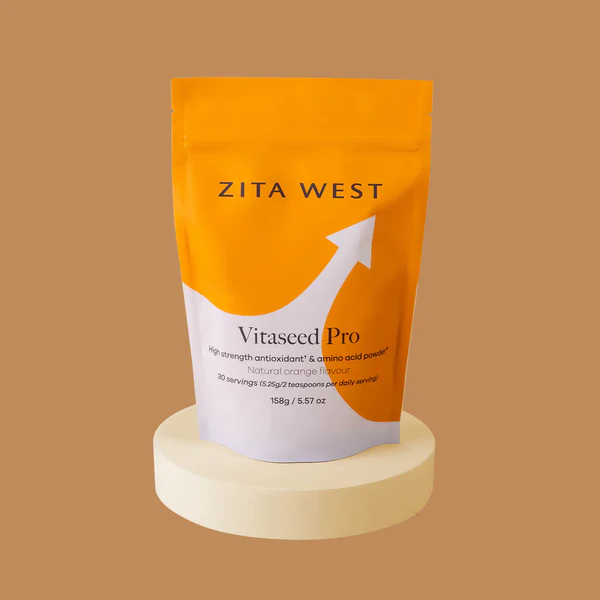
Article
Article
Posted on
Coenzyme Q10 (CoQ10) is a crucial nutrient for cellular energy production and is gaining attention for its role in fertility health. Whether you’re just starting your fertility journey, facing challenges, or pursuing assisted reproductive techniques like IVF, CoQ10 can be a supportive supplement.
This guide will explain why CoQ10 is important for both natural conception and assisted fertility methods.
CoQ10, short for coenzyme Q10, is a powerful antioxidant naturally produced in the body, essential for energy production within cells. As we age, natural CoQ10 levels decline, potentially affecting cellular health, including that of reproductive cells like eggs and sperm. Supplementing with CoQ10 for fertility can help support the energy requirements of these cells, which is critical for conception.

There are several reasons why CoQ10 is particularly beneficial for fertility:
For women, CoQ10 is vital in supporting egg quality, particularly for those over 35, as ovarian aging accelerates, reducing the quality and quantity of eggs. In a recent study, CoQ10 levels in women with POI were compared to those in women with normal ovarian function. It found that women with POI had a lower ratio of CoQ10 to total cholesterol. This indicates that reduced CoQ10 levels may increase the risk of POI, potentially due to oxidative stress factors.
By supporting cellular energy and protecting eggs from oxidative damage, CoQ10 can enhance fertility in various ways:
Male fertility is equally impacted by CoQ10’s benefits. This antioxidant has been shown to improve sperm motility and sperm concentration, both critical factors for conception. CoQ10 achieves this by increasing energy production within sperm cells and protecting them from oxidative stress, which can damage DNA and lower fertility rates.
In a recent study, CoQ10 supplementation led to significant improvements in sperm quality, leading to higher conception rates.

Not all CoQ10 supplements are created equal. When looking for the best CoQ10 for fertility, consider these factors:
We recommend Zita West Kaneka Ubiquinol CoQ10. Kaneka is a Ubiquinol available as a nutritional ingredient, derived from Kaneka Q10™, an all-natural yeast-fermented and bio-identical CoQ10.
Each two capsule dose provides 200mg of CoQ10 (100mg per capsule), which is based on the latest research for natural conception. However, you may be recommended to increase your dosage to 400-600mg which is equivalent to 4-6 capsules per day. For those taking an increased dose, we recommend splitting servings throughout the day and avoiding taking them at night time.

CoQ10 can benefit a range of individuals on their fertility journey:
It’s recommended to start taking CoQ10 at least three months before trying to conceive or beginning fertility treatments, as it takes time for the supplement to impact egg and sperm quality fully. However, you should continue supplementing throughout your fertility journey for ongoing benefits.
To understand more about CoQ10, or whether it might be right for your journey, why not book a free 1:1 with our nutrition team here?
CoQ10 is generally safe and well-tolerated. However, some individuals may experience mild side effects, such as digestive discomfort. As always, speak with a healthcare provider before beginning any new supplement, especially if you’re undergoing fertility treatments or have existing health concerns.
CoQ10 is a key fertility supplement for those looking to optimise their fertility, from natural conception to IVF. Its role in cellular energy production and antioxidant support makes it a powerful ally for reproductive health. By improving egg and sperm quality, CoQ10 can provide significant support in achieving successful conception.

Article

Article

Article